BROWSE COUNTRIES/ TERRITORIES
Hanging out at Hebron University
I might as well be stark naked, because that was how I felt standing here in front of Hebron University. Looking around there was not a single woman without a headscarf.

“Welcome to Hebron University,” greeted the line of students and teachers at the oldest university in the Palestinian territories. They were all smiling, but the only thing I could notice was how every female around had a headscarf on. There I was, feeling like a complete infidel in my long-sleeved top and skirt, and this was me dressing up for the day.
Every head was turning to look at this curious group of foreigners that were descending on them.
Today, the Palestinian Festival of Literature pulled into Hebron, where the writers would speak and conduct workshops on writing with the students in the English Literature Department. We had been delayed and the university officials were eager to start. Still, there was the cup of coffee to be had and niceties to be exchanged.
One of the teachers came up to me and we chatted about his prior visits to my part of Asia.
“I like China. I was in Shanghai and Guangdong. It is very different from what we have here,” he elaborated.
We continued to talking and I asked him about the headscarves. Was it a university regulation? He said it was not, it was part of the culture here. That was my initiation into the culture of Hebron.

Hebron University, the oldest in the Palestinian West Bank
I left the panel discussion and wandered around in my nakedness, looking for a bathroom. I ask a girl, who turns out to be a first-year English student. Sahmi led me to the women's room and later to a painting exhibition that was selling the works of a London-based Palestinian artist.
The strange naked lady was attracting yet more attention, now that a local had made first contact. More female students came up to me to ask my name and welcome me to their campus. One of them had a little girl in toll.
“Is this your daughter?” I asked.
It was her sister and she was babysitting for the day. We all strolled along, thought about having ice cream, as we passed a group of girls enjoying it under the hot sun.
“You have to meet my friend,” Sahmi said. “Her name is Fairuz, like the singer. But she is not the singer.”
I half speculated if she was joking, but her always-smiling face gave nothing away. More greetings were exchanged and all sat down along a long stairway and started talking.
Fairuz was an English major as well. She spoke a little French as well, another foreign language being offered here at the university, but had decided to focus on English.
“If you cannot speak English, you are a stupid person,” she declared.
I wondered what the French would make of that.
Fairouz told me too that she was enamoured with the Japanese culture.
“Do you like sushi?” she asked.
I said yes and she smilled happily. She told me she couldn't eat it because she was not sure if it complied with Muslim laws.
For half an hour, I sat there, meeting yet more people, whose names I would regrettably forget. There must have been at least 30 that came up. It was a parade of some of the prettiest headscarves I had ever seen. Some were woven, others were silken. There were all kinds of vivid colours which had been properly coordinated with the shoes peeping out from under their long black robes. Some of their headscarves were adorned with silver brooches, while one had hers done up into a rosetta on one side. She shyly allowed me to take a picture when I agreed to show her profile.

Headscarf fashion
Their eyes danced, shuttered by impossibly long and upcurled lashes, and their made-up lips curled into easy smiles. They asked me about family and told me about theirs.
“I have four, two sisters, me and a brother,” said one.
“ I have eight!” declared someone else.
“The men have more than one wives, that is why the families are so big,” explained Fairouz. “But you can have up to four wives but not everyone does.”
Among the girls that would arrive were some boys who came up asking their female classmates who I was. My inability to speak Arabic was proving to be a hindrance as a lot of them did not speak English. Thankfully Fairouz was there and she helpfully served as translator, and my linguistical differences from the others was soon turned to something good.
As they told me their names, I wrote it out in Chinese characters and handed them out to them on paper, a sort of a crowd-pleaser trick that more often than not would work, because of how Chinese looks to the non-speaker. That was working pretty good with saying how much I disliked studying, which never fails to strike a chord with students anywhere.
“Are you hungry?” asked Fairouz. It was lunchtime and we decided to head to the cafeteria.
“It's too crowded now,” said Sahmi, and a change of plans was devised to eat at the eateries outside the university instead. Sahmi left us and it was down to just Fairouz, myself and her male classmates Anas and Mahmoud.

Hebron University
The eatery was a simple shop serving the usual, schwarma, felafel, chips and pita bread. Fairouz returned to the table with two trays of well, all of the above. And it was all for me.
“We have all eaten,” she said. And there was no paying her for it either.
As we sat, we continued chatting. After an appropriate length of time, Anas nudged Fairouz to ask me a question. I didn't understand but I knew what was coming, because I recognised one word.
“He wants to know what you think of the Israelis?” she asked in English.
All three pairs of eyes turned expectantly at me. I said something and turned the question back on them.
“We hate them,” Fairouz said without pause. This was echoed by the two others at the table.
“America is the mother and Israel is its baby,” explained Mahmoud.
We carried on talking about the Israeli occupation of the Palestinian territories, and how it was hard for them to travel within the different towns in the West bank, like Jericho and Ramallah, due to the checkpoints.
“Can you go to Jerusalem?” I asked. Fairouz's answer was negative, which was strange, considering Mahmoud had earlier told me after the exams, he was going to Jerusalem to look for a vacation job, waiting tables for three months.
Mahmoud stepped in and said something in Arabic. Fairouz and Anas then told me, yes, but they have to apply for a permit.
Now that we had got the white Jewish elephant out of the way, we carried on talking about other things. Anas and Mahmoud finally started to tuck into the chips and felafels, while Fairouz asked me about boyfriends.
“In our culture we don't have boyfriends and girlfriends. Girls have friends who are boys, and boys have friends that are girls, but we are not boyfriends and girlfriends,” she said.
“If a boy likes a girl, he goes to her house to ask her parents to marry her. And they decide if he is a good boy.” I thought of one of the girls I met earlier on campus. I noticed her intricately-hennaed finger nails and commented how pretty they were.
“She had them done for her engagement,” said her friend who held out her ring finger where a gold band sat. The bride-to-be had blushed and smiled as I congratulated her.
We spent the rest of the time I had at the university, “hanging out” with the other students. I met Mohammad, whose father was a lecturer there. He was the joker of the bunch, saying silly things and cracking jokes and leaving the girls and boys around him in stitches.
'When we are sad, we just go to him and he makes us laugh,” said Fairouz.

Talking writing with the visiting Festival writers
I do not know how the rest of the sessions at the Festival went, but as I have noted in my previous post, I had come, wanting to hear what Palestinians had to say. Today, I heard laughter, resignation, warmth, openness and youth.
I leave Hebron with a ring of my own on my finger, presented by Somodo, another friend I made.
“We love you,” she said slipping her ring onto mine, after one that Anas tried to give me was too large.
There I was, surrounded a mass of these headscarves girls and their joking male classmates, and my nakedness was all gone.
< BACK to other stories in FROM JERUSALEM TO THE WEST BANK
Login or Register
 Dan-Chyi Chua began her writing career with Channel News Asia, a regional cable network, before forsaking broadcast journalism to hit the road for a three-year sabbatical through the Middle East, China, Central America and Cuba. She has now grounded herself as a writer for asia! Magazine.
Dan-Chyi Chua began her writing career with Channel News Asia, a regional cable network, before forsaking broadcast journalism to hit the road for a three-year sabbatical through the Middle East, China, Central America and Cuba. She has now grounded herself as a writer for asia! Magazine.
- Asian Dynasties and History
- Conservation of the Environment
- Definition: Culture
- Economy and Economics
- Food and Recipe
- Geopolitics and Strategic Relations
- Health and Body
- Of Government and Politics
- Religion and Practices
- Social Injustices and Poverty Report
- Society, Class and Division
- Unrest, Conflicts and Wars







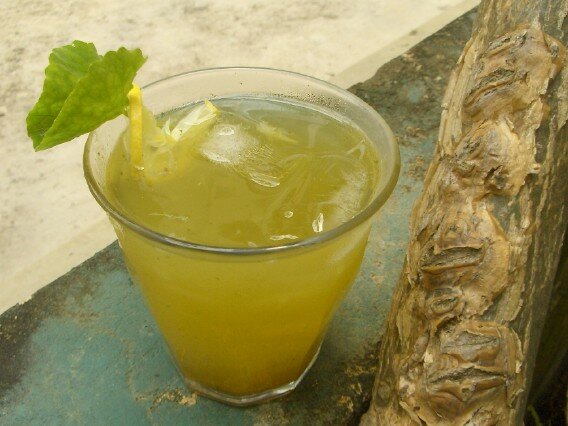





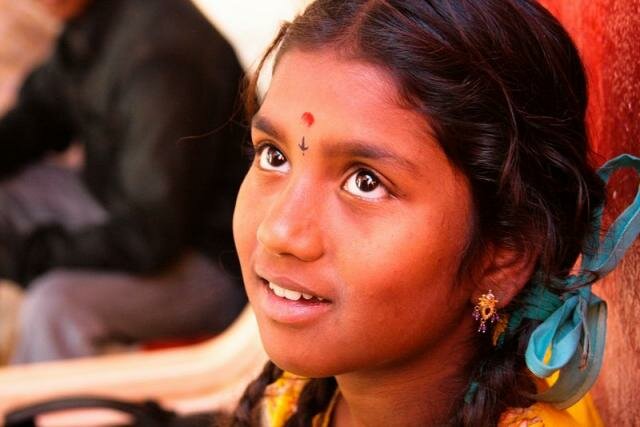
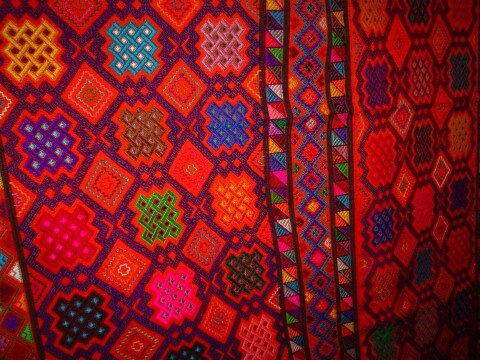

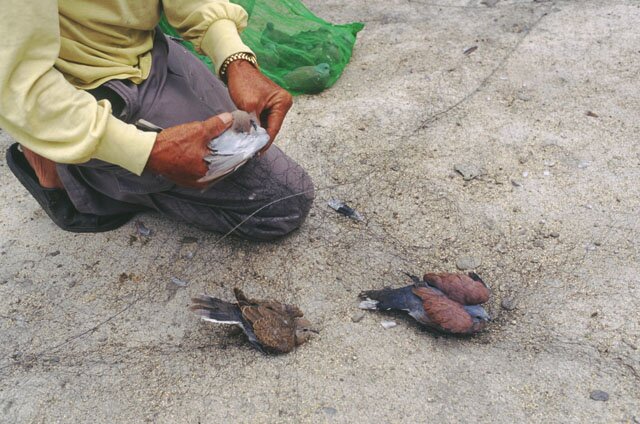







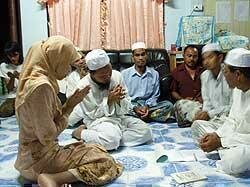






 Another Point
Another Point An imaginary factual blog of General David Petraeus, Commander, United States Central Command
An imaginary factual blog of General David Petraeus, Commander, United States Central Command